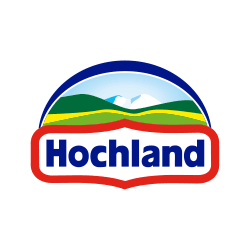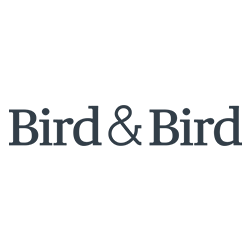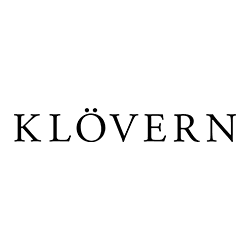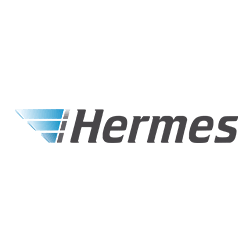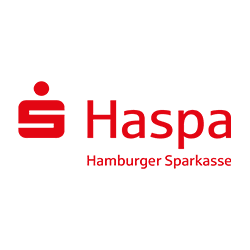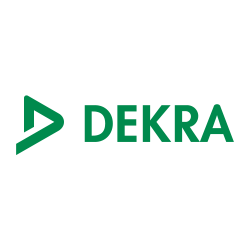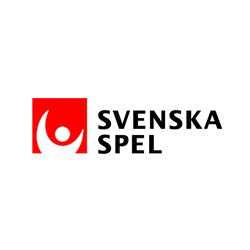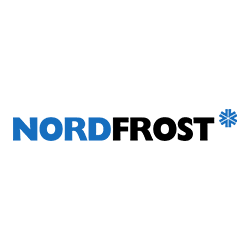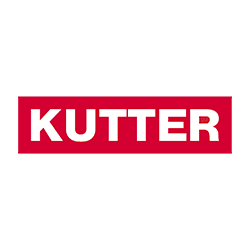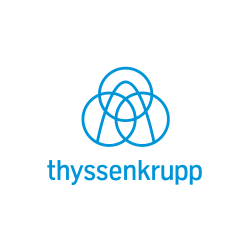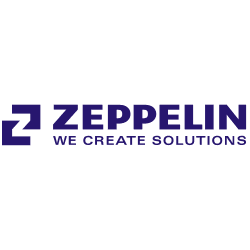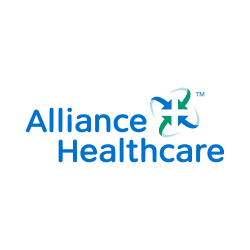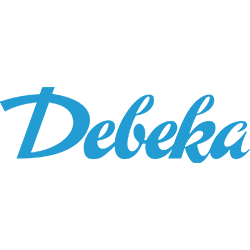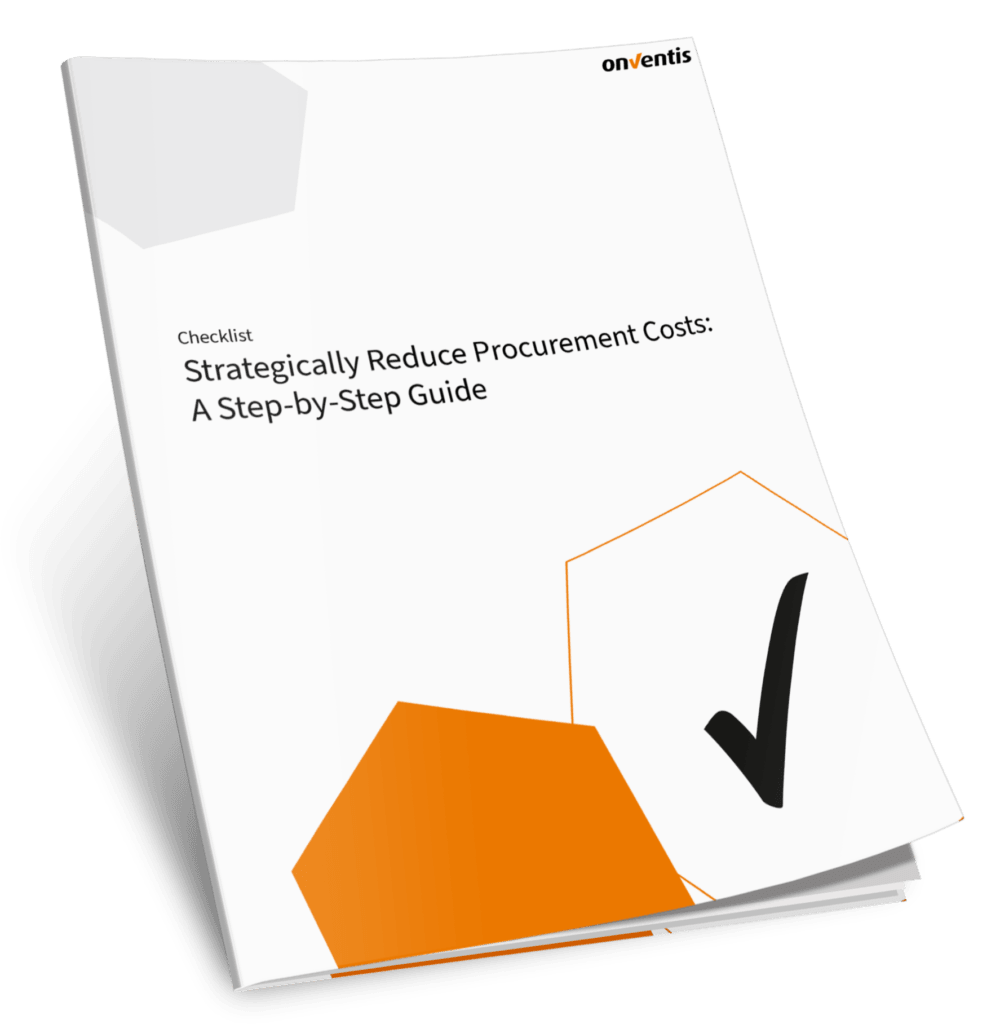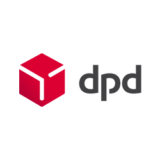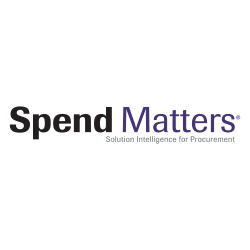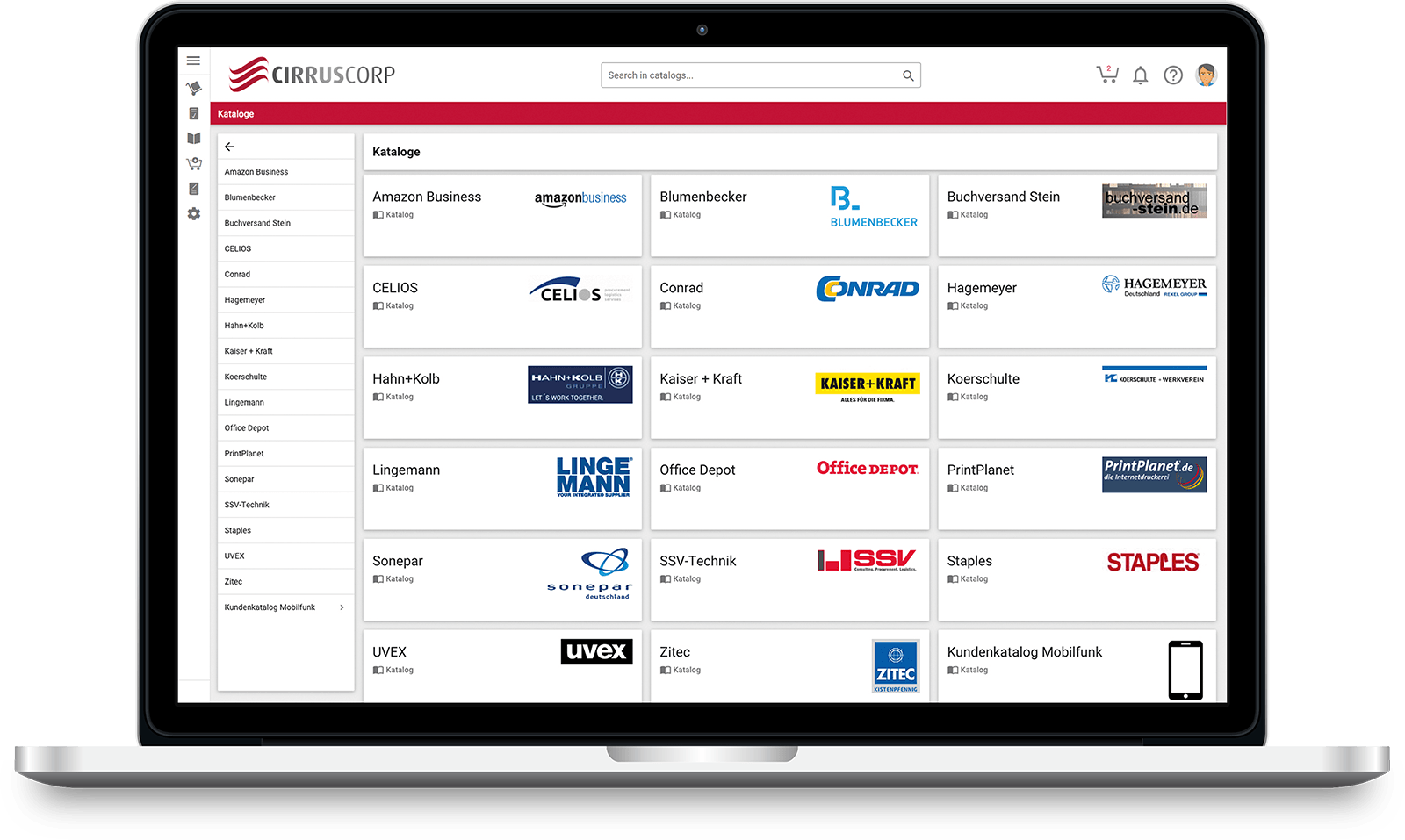Strategic Procurement
Empower Your Procurement Strategy with Onventis
Staying ahead is not just an advantage, it’s a necessity. Onventis Buyer is your key to unlocking efficiency, driving cost savings, and elevating your procurement strategy to new heights.
Strategic procurement professionals trust Onventis:
Learn more
Our strategic procurement users enjoy these solutions:

Source to Contract
Efficient solutions for supplier selection, RFI/RFQ/RFP, tenders, auctions, and contract management. Achieve lower overall costs, higher operating profits, better contractual terms and conditions, real-time insight into contracts and financial liabilities, and innovation through strategic sourcing.

Analytics
Spend analysis creates cost transparency, uncovers potential savings, and optimizes cash management in purchasing and finance organizations. The insights gained lead to savings while increasing the efficiency of procurement processes.

Procure to Pay
Automate the complete purchase-to-payment process, including requesting (requisitioning), purchasing, receiving, paying, and accounting for goods and services. Key benefits are increased financial and procurement visibility, efficiency, cost savings, and control.
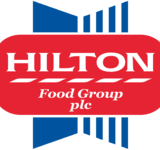
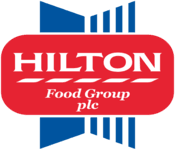
Onventis is an easy to use system even for untrained employees. Over 80% of invoices are immediately well-read and automatically matched.
